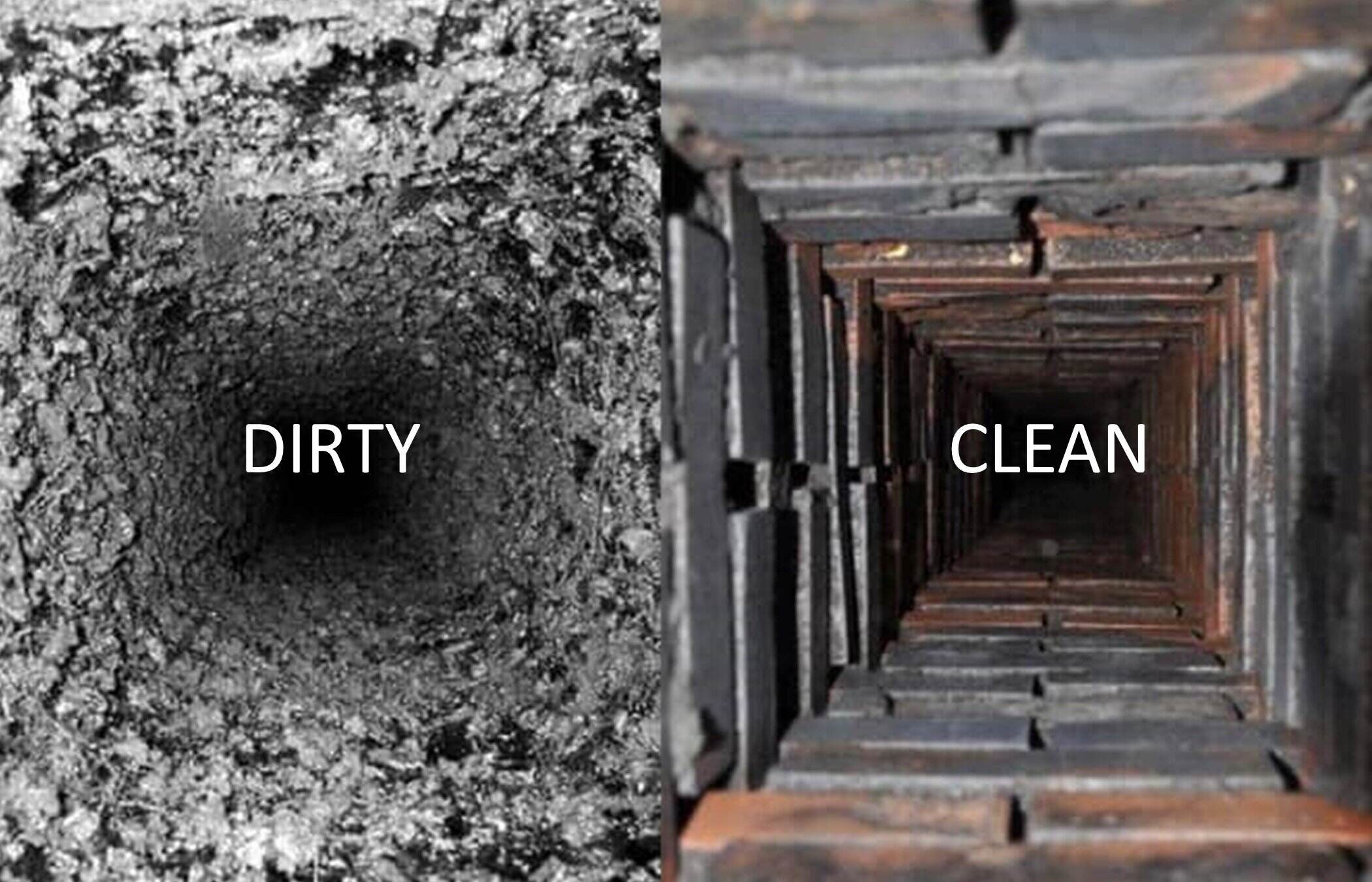

Articles
How To Know If Your Chimney Needs Cleaning
Modified: August 28, 2024
Find informative articles on how to know if your chimney needs cleaning and ensure the safety and efficiency of your home.
(Many of the links in this article redirect to a specific reviewed product. Your purchase of these products through affiliate links helps to generate commission for Storables.com, at no extra cost. Learn more)
Introduction
Ensuring the safety and functionality of your chimney is crucial for the proper operation of your fireplace or heating system. Over time, chimneys can accumulate debris, soot, and dangerous creosote buildup, which can pose a fire hazard or lead to poor indoor air quality. Regular chimney cleaning is essential to maintain a clear and efficient ventilation system.
In this article, we will explore the signs that indicate your chimney may need cleaning, discuss the importance of visual inspections, and highlight the potential risks associated with neglecting chimney maintenance. By understanding these factors, you can protect your home and loved ones from potential hazards and keep your chimney operating at its best.
Key Takeaways:
- Regular chimney cleaning is crucial to prevent chimney fires, remove dangerous creosote buildup, and ensure proper ventilation, promoting a cleaner and healthier indoor environment.
- Professional chimney sweeps can identify potential issues, provide thorough cleaning, and extend the lifespan of your chimney system, ensuring safety and peace of mind for you and your family.
Read more: How Do You Know If Your Chimney Is Open
Signs that your chimney needs cleaning
Keeping an eye out for certain signs can help you determine if your chimney is in need of cleaning. Here are some key indicators to look for:
1. Poorly burning fires
If you notice that your fires aren’t burning as brightly or as hot as they used to, it may be a sign that your chimney is clogged. A buildup of soot, debris, or creosote can restrict airflow, leading to incomplete combustion and reduced heat output.
2. Excessive smoke
If you experience excessive smoke in your home during a fire, it could be a sign of a blocked chimney. Smoke should be adequately drawn up and expelled through the chimney flue. A clogged chimney can cause smoke to linger or backdraft into your living space.
3. Foul odors
Unpleasant odors emanating from your fireplace when in use could indicate a buildup of creosote or other debris. These odors can be strong and may be a sign that your chimney needs cleaning.
4. Visible soot or debris
If you observe a layer of black soot or debris inside your fireplace or on the walls of your chimney, it’s a clear indication that cleaning is necessary. The presence of soot can be a fire hazard and can diminish the efficiency of your chimney.
5. Discoloration on the chimney exterior
Stains or discoloration on the exterior of your chimney may indicate that there is a problem. Dark streaks or white residue can be caused by a buildup of creosote or a damaged chimney cap, both of which require attention and cleaning.
These signs should not be ignored, as they can lead to serious consequences if left unattended. Regular chimney cleaning will not only prevent potential dangers but also improve the overall performance and longevity of your chimney system.
Visual inspection
A visual inspection of your chimney is an important step in determining if it needs cleaning. While some signs may be evident during everyday use, a thorough visual inspection can help identify hidden issues. Here are some key areas to examine:
1. Chimney cap and crown
Inspect the chimney cap and crown for damage or cracks. These components play a crucial role in keeping water, debris, and animals out of your chimney. A damaged cap or crown can lead to blockages and other issues that require cleaning.
2. Chimney liner
Check the chimney liner for any signs of deterioration, such as cracks or corrosion. A damaged liner can impact the efficiency and safety of your chimney, and cleaning may be necessary to remove any debris or buildup caused by a compromised liner.
3. Flue and damper
Ensure that the flue and damper are in proper working condition. The flue should be clear of any obstructions, and the damper should open and close smoothly. Blockages or malfunctioning dampers may require cleaning to restore proper functionality.
4. Masonry and bricks
Inspect the chimney’s exterior masonry and bricks for any signs of damage, such as cracks, loose mortar, or spalling. These issues can lead to water infiltration and further deterioration. Cleaning may be necessary to remove debris and prevent further damage.
5. Chimney flashing
Examine the chimney flashing, which seals the area where the chimney meets the roof. Ensure that it is intact and properly sealed to prevent water leaks and subsequent chimney damage. Cleaning may be needed to remove debris or buildup around the flashing.
A visual inspection should be conducted regularly and especially before the start of the fireplace or heating season. It can help identify any potential issues and determine if cleaning is necessary to maintain the safety and efficiency of your chimney.
Read more: How To Know If Gutters Need Cleaning
Smoke and odor issues
Experiencing smoke or foul odors when using your fireplace can be concerning and may indicate that your chimney needs cleaning. Here are some common smoke and odor issues to be aware of:
1. Excessive smoke
If you notice excessive smoke in your home during a fire, it could be a sign that your chimney is obstructed. A buildup of soot, creosote, or debris can cause smoke to backdraft or linger in your living space instead of being properly vented through the chimney. Cleaning the chimney can remove these obstructions and restore proper airflow.
2. Lingering smoky odor
If you detect a smoky smell in your home even when the fireplace is not in use, it may be an indication that creosote or other substances have accumulated in your chimney and are emitting an odor. Cleaning the chimney can eliminate these deposits and help eliminate the lingering smoky smell.
3. Unpleasant or musty odors
If you experience foul or musty odors when using your fireplace, it could be a sign of a buildup of debris, animal nests, or even mold in your chimney. These odors can be indicative of poor ventilation or water damage. Cleaning the chimney will remove these sources of odor and improve the overall air quality in your home.
It’s important to address smoke and odor issues promptly to avoid the potential health risks and discomfort they can cause. Regular chimney cleaning will prevent the buildup of harmful substances, improve ventilation, and ensure that your fires burn cleanly and efficiently.
Read more: How To Know If You Need New Calipers
Creosote buildup
One of the most significant concerns when it comes to chimney cleaning is the buildup of creosote. Creosote is a black, tar-like substance that forms when wood or fossil fuels are burned in your fireplace or heating system. Here are some key points to understand about creosote buildup:
1. How creosote forms
As smoke travels up your chimney, it cools and condenses. This process causes the formation of creosote, which can accumulate on the interior walls of your chimney. Creosote can be sticky, flaky, or hard, depending on its stage of buildup.
2. The dangers of creosote
Creosote is highly flammable and can be a significant fire hazard if not properly cleaned. A thick layer of creosote can ignite from the intense heat of your fireplace or chimney, leading to a dangerous chimney fire. Regular cleaning is essential to remove creosote and reduce the risk of these fires.
3. Types of creosote
Creosote is divided into three main types, each with its own characteristics:
- Level 1: This is a thin layer of creosote that can be easily brushed away. It is typically flaky and black.
- Level 2: This is a thicker layer of creosote that requires more effort to remove. It is usually tar-like and sticky.
- Level 3: This is the most dangerous form of creosote. Level 3 creosote is a hard, shiny substance that can be extremely difficult to remove and poses a high fire risk.
Read more: How To Know If Chimney Is Safe
4. Importance of professional cleaning
While it’s possible to remove some creosote using chemical cleaners or DIY methods, professional chimney cleaning is recommended. Certified chimney sweeps have the experience and tools to safely and effectively remove creosote at all levels of buildup, reducing the risk of chimney fires and ensuring optimal chimney performance.
Regular chimney inspections and cleanings are essential to remove creosote buildup and maintain the safety of your chimney and home. By addressing creosote buildup promptly, you can enjoy your fireplace or heating system with peace of mind.
Animal intrusions or blockages
Chimneys can be attractive to a variety of birds, squirrels, raccoons, and other animals seeking shelter or nesting sites. Unfortunately, animal intrusions can lead to blockages and other issues that require chimney cleaning. Here’s what you need to know:
1. Nests and debris
Animals may construct nests using twigs, leaves, and other materials inside your chimney. These nests can obstruct the flue, preventing proper smoke and gases from escaping. In addition to nests, animals can also bring in debris like sticks and leaves, further blocking the chimney’s airflow.
2. Odors and pests
Animal intrusions can lead to foul odors emanating from your chimney. The smell of animal droppings or decaying nesting materials can permeate your home, compromising indoor air quality. Moreover, once animals find their way into your chimney, they can potentially enter your home, introducing unwanted pests.
Read more: What Happens If You Don’t Clean Your Chimney
3. Obstructed airflow
Blockages caused by animal intrusions can disrupt the proper functioning of your chimney and fireplace. Restricted airflow can lead to smoke backdrafting into your home, which is not only unpleasant but also poses a health risk. Cleaning the chimney will remove these obstructions, allowing for proper ventilation.
4. Prevention methods
To prevent animal intrusions, it’s recommended to install a chimney cap with a spark arrestor. This protective covering allows smoke to escape while keeping animals out. Regular inspections will help identify any gaps or openings where animals could potentially enter, allowing for timely repairs.
5. Humane removal
If you discover that animals are present in your chimney, it’s important to handle their removal humanely. Contact a professional chimney sweep or wildlife removal expert who can safely remove the animals and clean any nesting materials or debris from your chimney.
Regular chimney cleaning and proactive measures to prevent animal intrusions are essential steps to keeping your chimney free from blockages and maintaining a safe and efficient system for venting smoke and gases.
Chimney fires
Chimney fires are a serious and potentially life-threatening hazard that can occur when your chimney is not properly cleaned. Here’s what you need to know about chimney fires:
Read more: How Tall Does Chimney Need To Be
1. Causes of chimney fires
Chimney fires are primarily caused by the ignition of creosote buildup within the chimney. Creosote is a highly flammable substance that accumulates over time as a byproduct of burning wood or fossil fuels in your fireplace or heating appliance. If the creosote ignites, it can result in a dangerous chimney fire.
2. Signs of a chimney fire
During a chimney fire, you may notice the following signs:
- Loud cracking or popping sounds coming from the chimney
- Intense, roaring noise resembling a freight train
- Large amounts of dense smoke billowing from the chimney
- Visible flames shooting out of the chimney top
- Heat emanating from the chimney, particularly in the surrounding attic or roof
If you suspect a chimney fire, evacuate your home immediately and contact the fire department.
3. Importance of chimney cleaning
Regular chimney cleaning is crucial for preventing chimney fires. By removing creosote and other flammable debris, you significantly reduce the risk of a chimney fire igniting. Professional chimney sweeps are equipped with the necessary tools and expertise to thoroughly clean your chimney, ensuring its safety and optimal performance.
4. Damage caused by chimney fires
Chimney fires can cause various types of damage, including:
- Structural damage to the chimney, such as cracking or collapsing bricks
- Damage to the chimney liner, leading to the need for repairs or replacement
- Cracked or shattered flue tiles, compromising the chimney’s functionality
- Heat damage to nearby combustible materials, such as wood framing or insulation
The aftermath of a chimney fire can be costly to repair, and it may even require replacing the entire chimney in severe cases.
By prioritizing regular chimney cleaning, you can significantly reduce the risk of chimney fires and keep your home and loved ones safe from this potential disaster.
Importance of regular chimney cleaning
Regular chimney cleaning is crucial for maintaining the safety, efficiency, and longevity of your chimney system. Here are some key reasons why regular chimney cleaning is essential:
1. Prevents chimney fires
One of the primary reasons for regular chimney cleaning is to prevent chimney fires. Creosote, a highly flammable substance that accumulates in chimneys, can ignite and cause a dangerous chimney fire. Regular cleaning removes this buildup, significantly reducing the risk of a fire outbreak.
2. Removes dangerous creosote buildup
Creosote buildup not only poses a fire hazard but can also restrict airflow and decrease the efficiency of your chimney. By regularly cleaning the chimney, you remove any creosote that has accumulated, ensuring optimal airflow and preventing potential performance issues.
3. Provides a clear ventilation path
A clean chimney allows for the proper ventilation of smoke, toxins, and gases produced by your fireplace or heating system. When your chimney is obstructed by debris or animal intrusions, it can lead to smoke backdrafting into your home, compromising indoor air quality. Regular cleaning ensures a clear and unobstructed ventilation path.
Read more: How To Know If You Need A Humidifier
4. Identifies and addresses potential issues
During a chimney cleaning, a professional chimney sweep can identify any signs of damage or issues that may need repair. Early detection of problems such as cracks, deteriorating chimney liners, or damaged chimney caps allows for timely repairs, preventing further damage and ensuring the longevity of your chimney system.
5. Enhances the lifespan of your chimney
Regular maintenance and cleaning can extend the lifespan of your chimney. Removing debris, repairing any damage, and ensuring proper airflow reduces the wear and tear on your chimney system. Regular cleaning and maintenance help protect your investment and avoid costly repairs or premature chimney replacement.
6. Promotes energy efficiency
A clean chimney allows your fireplace or heating system to operate at its peak efficiency. When your chimney is clean and clear, it helps the proper draft and efficient burning of fuel, maximizing heat output and reducing energy waste.
Regular chimney cleaning is not just a preventative measure; it’s a crucial aspect of responsible chimney ownership. By scheduling regular cleanings, you can ensure the safety, efficiency, and longevity of your chimney system, providing peace of mind for you and your family.
Conclusion
Maintaining a clean and well-functioning chimney is essential for the safety and efficiency of your fireplace or heating system. Regular chimney cleaning helps prevent chimney fires, removes dangerous creosote buildup, and ensures proper ventilation. By addressing issues such as animal intrusions, blockages, and smoke problems, you can enjoy a cleaner and healthier indoor environment. Additionally, regular chimney cleaning allows for early detection of any damage or potential problems, enabling timely repairs and extending the lifespan of your chimney. It also promotes energy efficiency, maximizing the heat output and reducing energy waste.
To ensure the effectiveness of your chimney cleaning, it’s advisable to seek the assistance of a certified chimney sweep. These professionals have the knowledge, experience, and tools necessary to provide a thorough cleaning and inspection, as well as to identify any underlying issues that require attention.
Remember, neglecting chimney cleaning can lead to serious consequences, including chimney fires, poor indoor air quality, and costly repairs. Make it a priority to schedule regular chimney cleanings and inspections as part of your home maintenance routine. By keeping your chimney clean and well-maintained, you can enjoy the warmth and comfort of your fireplace or heating system with peace of mind.
Frequently Asked Questions about How To Know If Your Chimney Needs Cleaning
Was this page helpful?
At Storables.com, we guarantee accurate and reliable information. Our content, validated by Expert Board Contributors, is crafted following stringent Editorial Policies. We're committed to providing you with well-researched, expert-backed insights for all your informational needs.
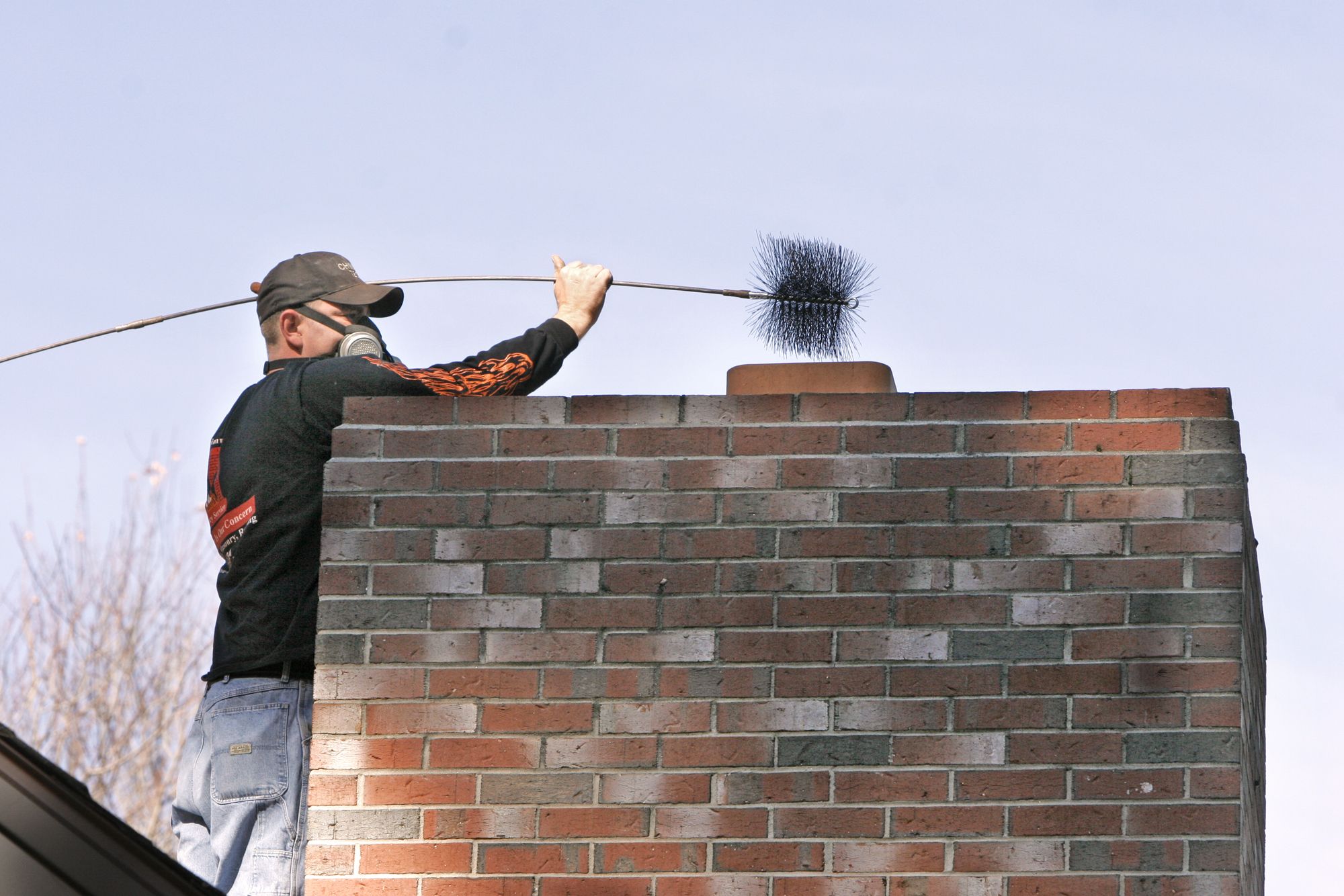
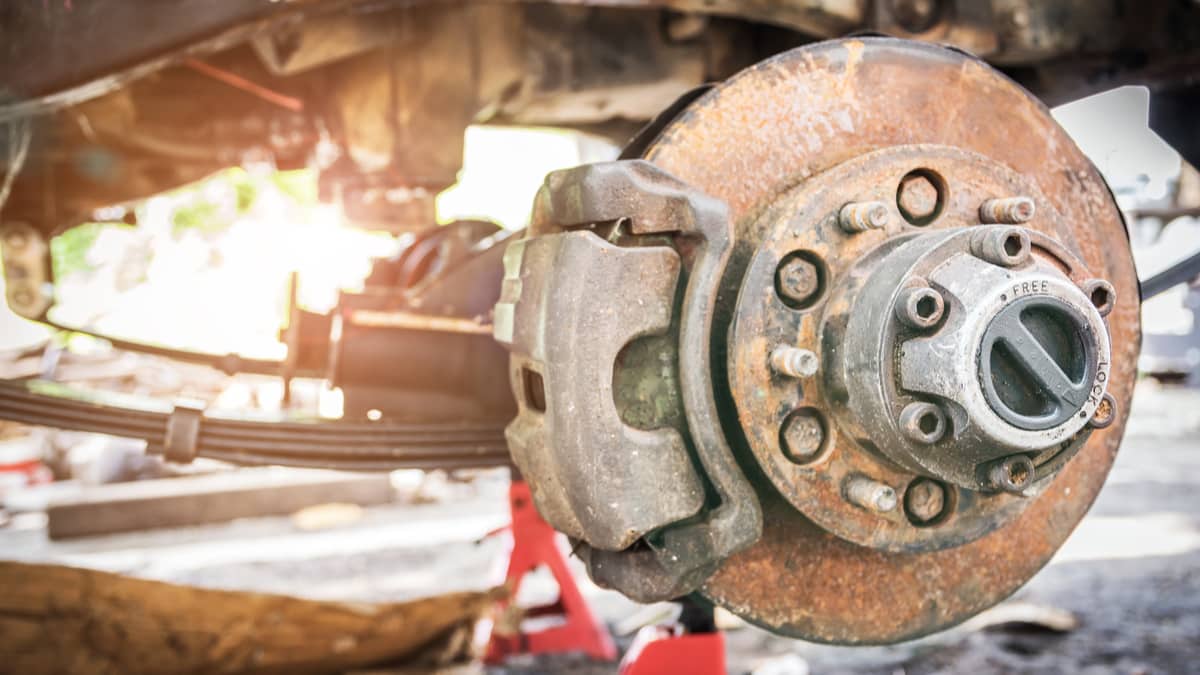
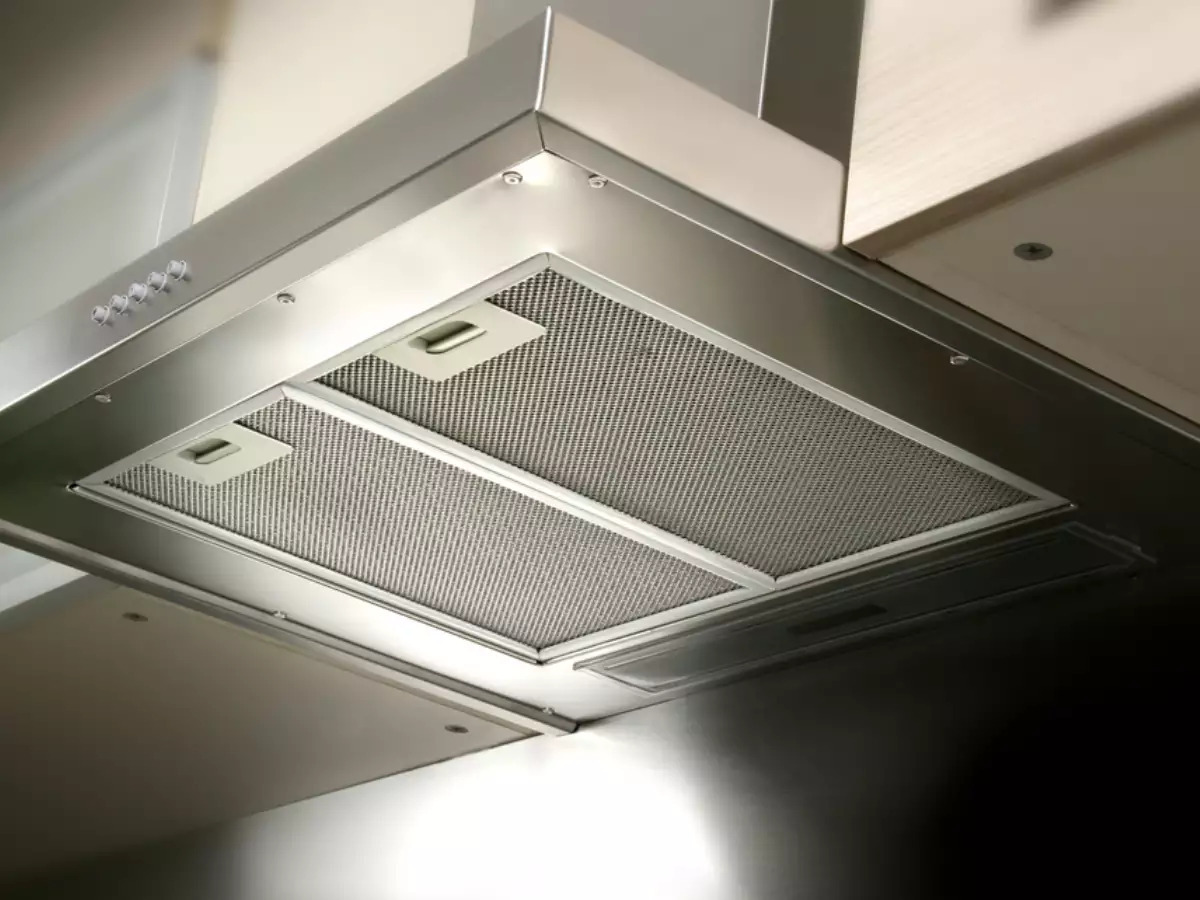
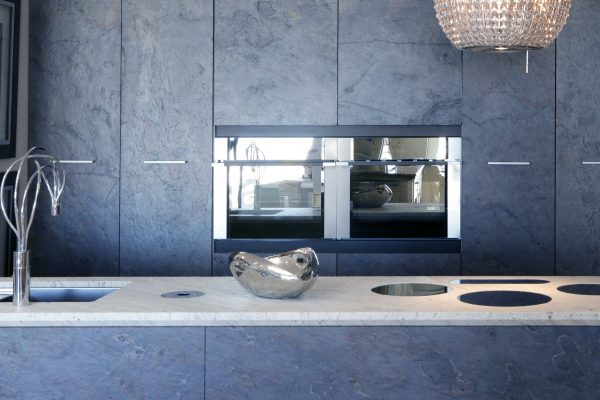
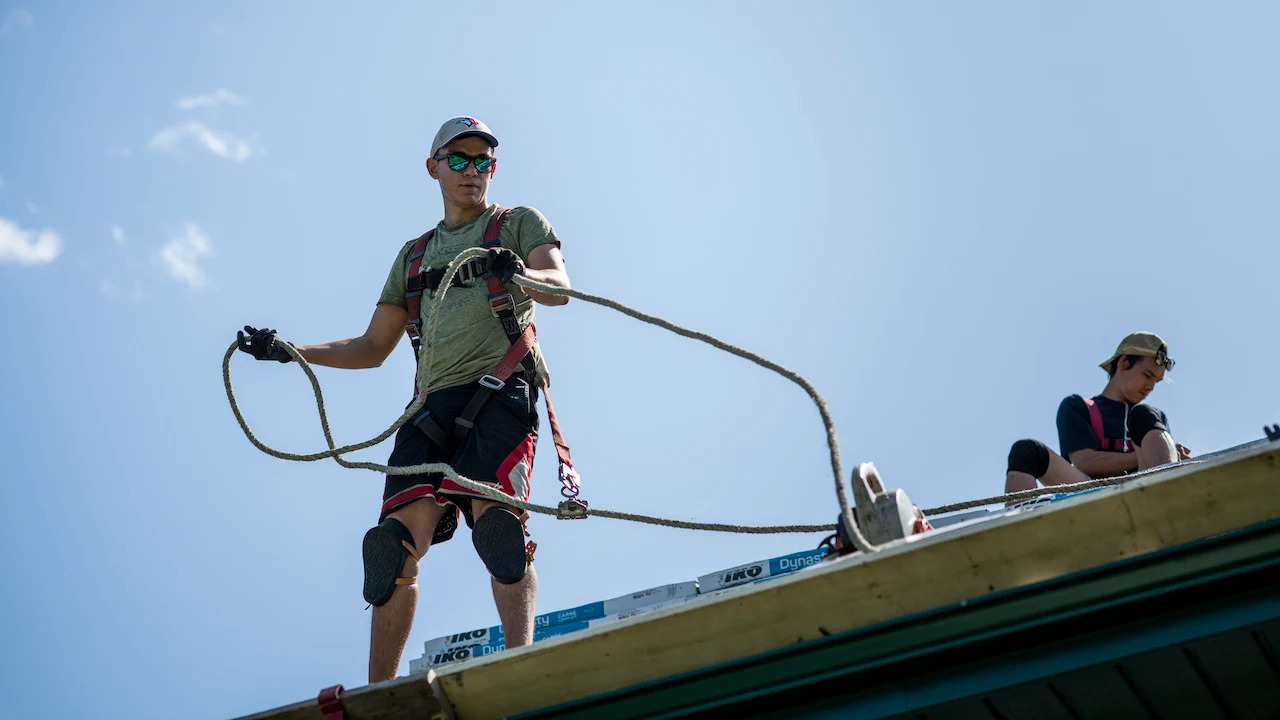
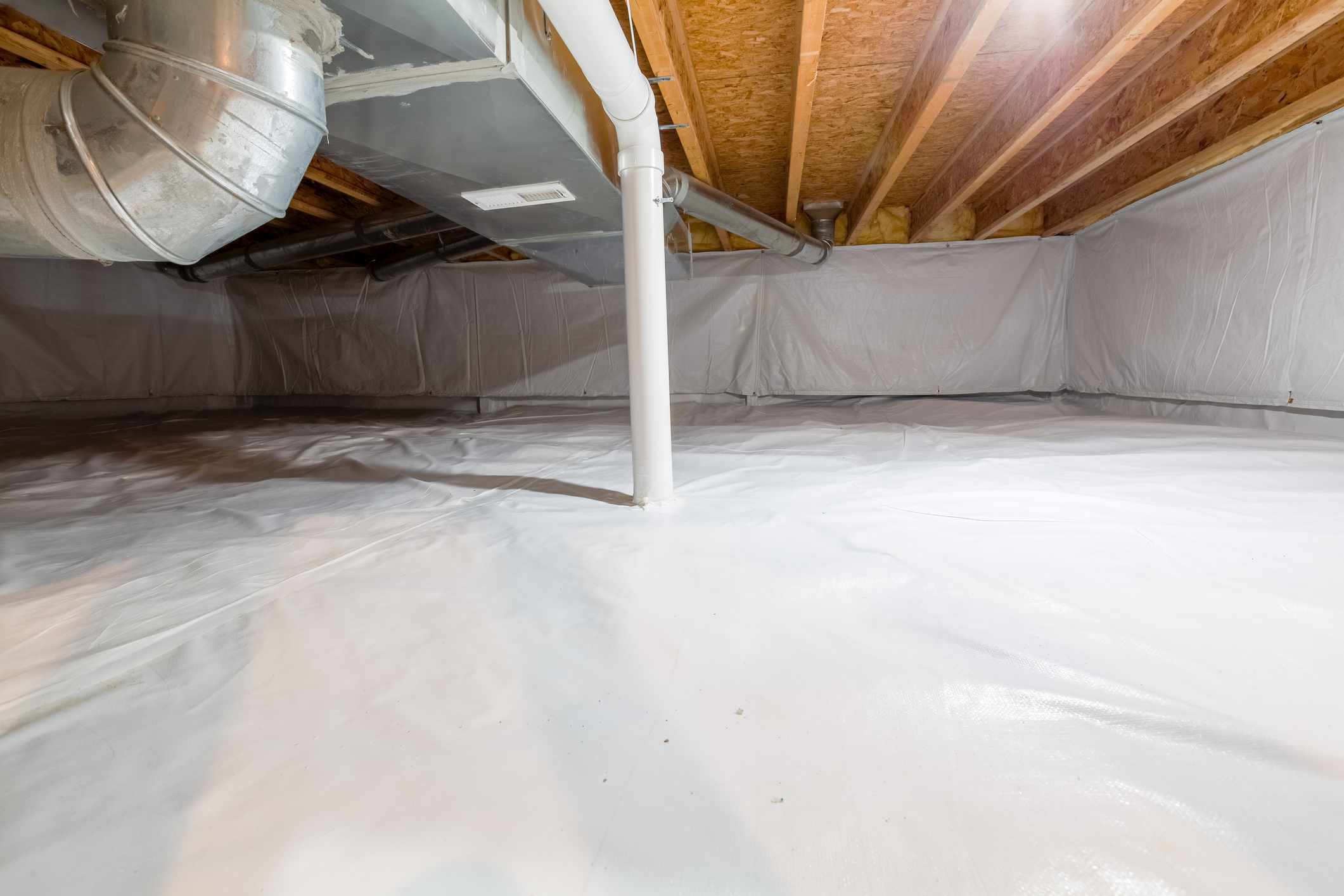

0 thoughts on “How To Know If Your Chimney Needs Cleaning”